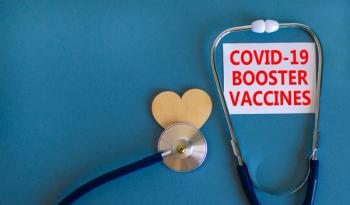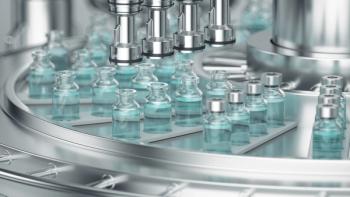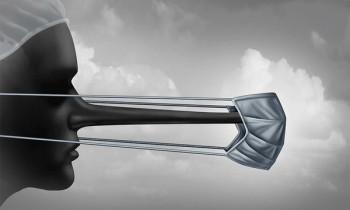
A Cup or Two of Joe a Day Could Keep COVID-19 Infection Away
Coffee, rich in polyphenolic compounds like chlorogenic acid (CGA), caffeic acid (CAA), cafestol, melanoidins and trigonelline, has been recognized as a dominant source of CGA in various studies. Previous studies suggest that CGA in coffee can positively impact blood pressure, lipid profile, glycemia and insulin resistance.
It’s possible your morning cup of coffee can do more than just wake you up. According to a recent
Since late 2020, many COVID variants have spread globally, with recent reports revealing the Omicron variant has at least 32 mutations in its spike protein, double that of the Delta variant.
As COVID-19 boosters evolve to address the increasing amount of cases, it's important to note that diet, along with the latest preventive measures, plays a role in combating COVID infection.
Research has suggested that engaging in regular physical activity and maintaining a diet rich in polyphenols can affect the immune system, change immune escape properties and reduce the risk of severe COVID.
However, previous studies have also found that coffee consumption is associated with reduced COVID risk.
Coffee, also rich in polyphenolic compounds like chlorogenic acid (CGA), caffeic acid (CAA), cafestol, melanoidins and trigonelline, has been recognized as a dominant source of CGA in various studies.
Previous studies suggest that CGA in coffee can positively impact blood pressure, lipid profile, glycemia and insulin resistance, contributing to the improvement of metabolic syndrome and enhancing metabolism, inflammation, cardiovascular health and liver function.
Though, further studies have yet to demonstrate the exact mechanism that coffee stops the binding of COVID to host cells.
In the BMC human trial study, researchers observed data from the UK Biobank to find that coffee can be a new strategy to reduce COVID infection by blocking spike protein ACE2 interaction, slowing down TMPRSS2 and CTSL activity and ridding the protein level of TMPRSS2 and ACE2.
Using the HRMS-exploring-recombination-examining method, researchers discovered that isochlorogenic acid A, B, and C in coffee restrict COVID infection (43–54% efficiency), as well as decaffeinated coffee.
In the trial of 64 people, consuming 1–2 cups of coffee per day proved effective in stopping entry for multiple COVID variants.
However, for the Omicron variant, previous articles pointed out that this variant has more mutations and a higher ability of immune escape than other variants. This results in many strategies potentially being ineffective or having poor responses to stop the infection from the Omicron variant.
Despite that, authors of the BMC study discovered that consuming coffee within 6 hours is crucial, with a recommendation to have another cup after this period for better chances to stop the infection.
Authors propose a strategic coffee-drinking plan as a preventive measure for individuals in the post-COVID era.
Newsletter
Get the latest industry news, event updates, and more from Managed healthcare Executive.























